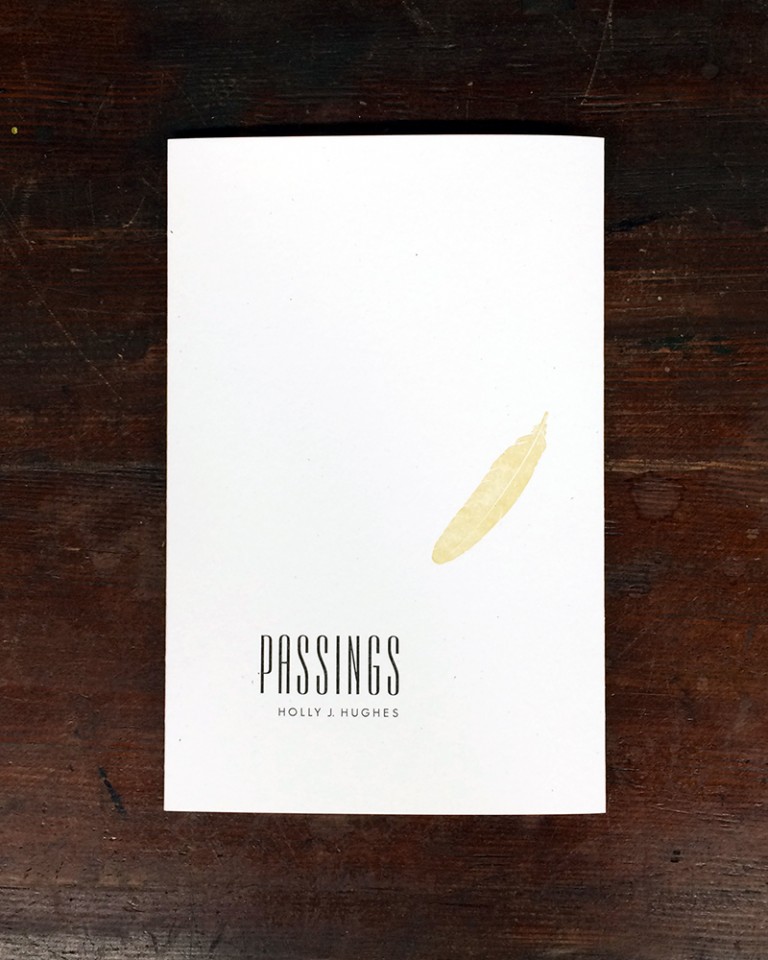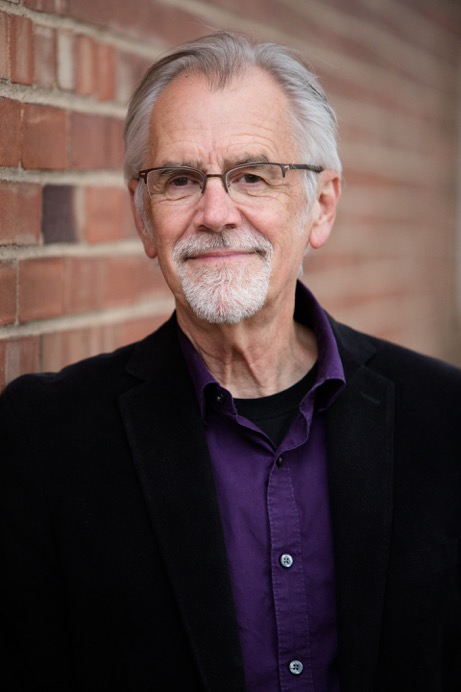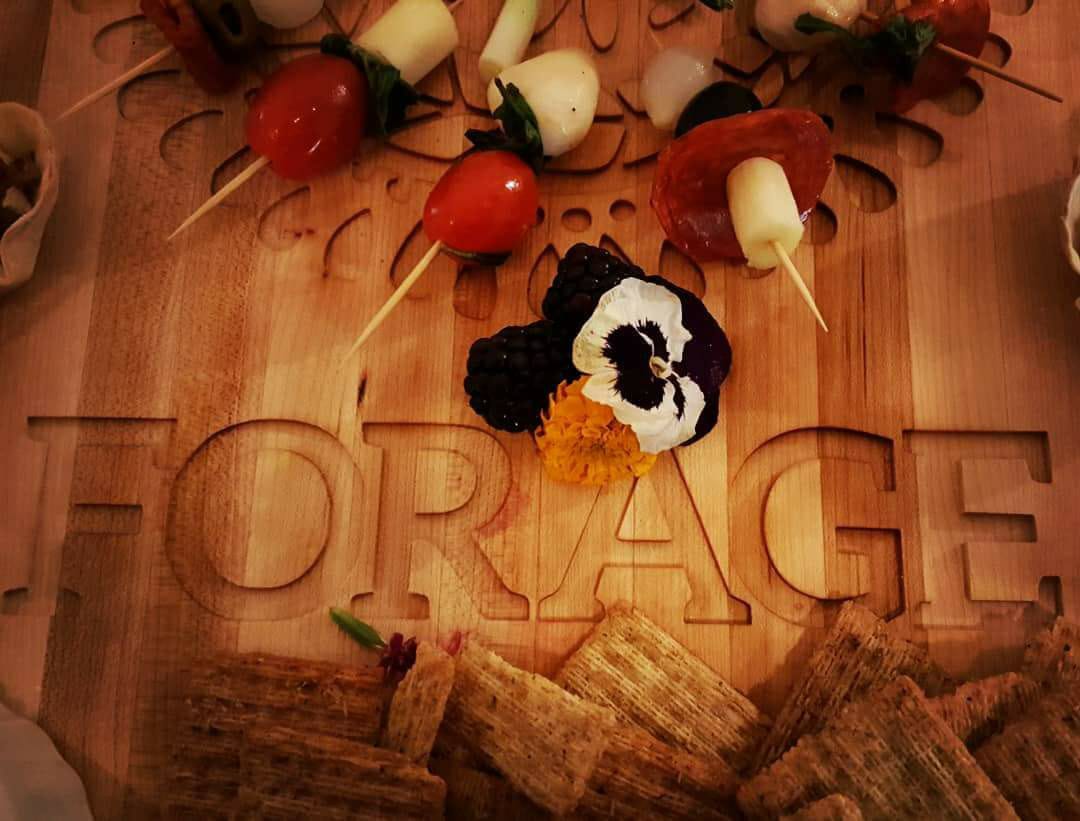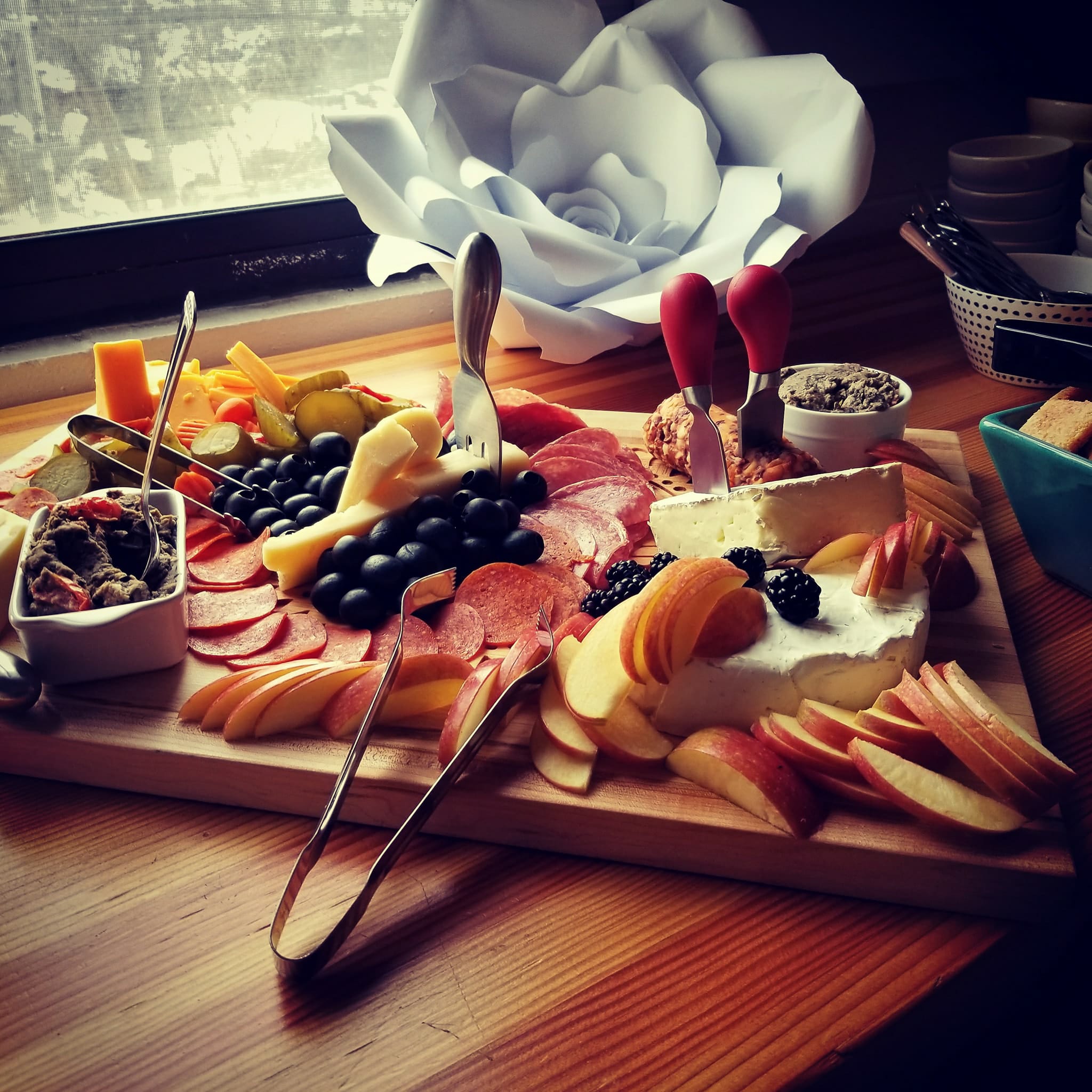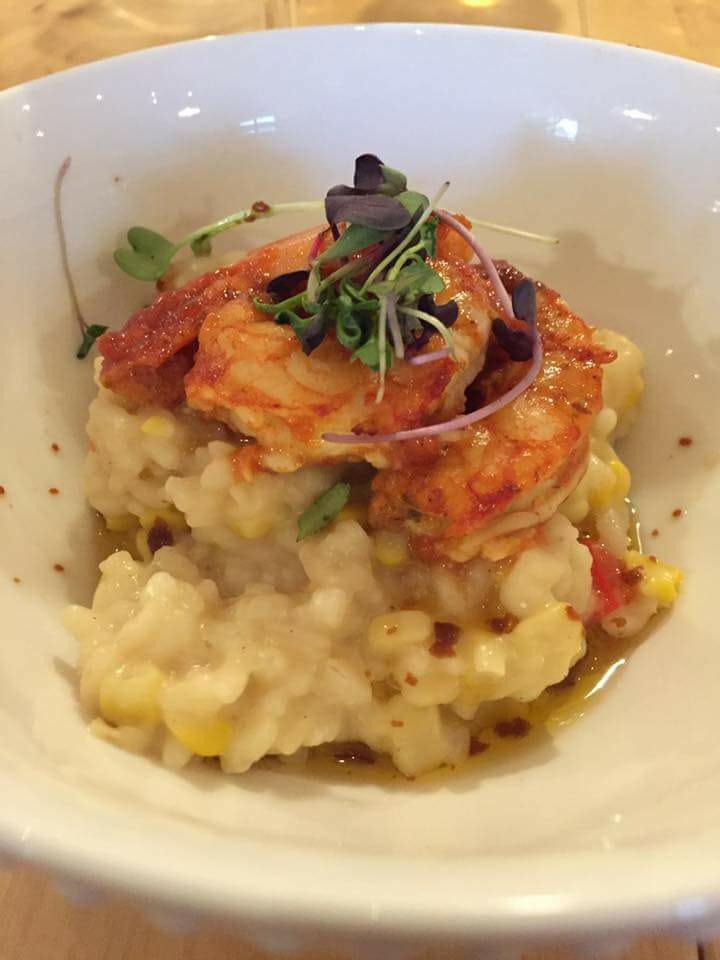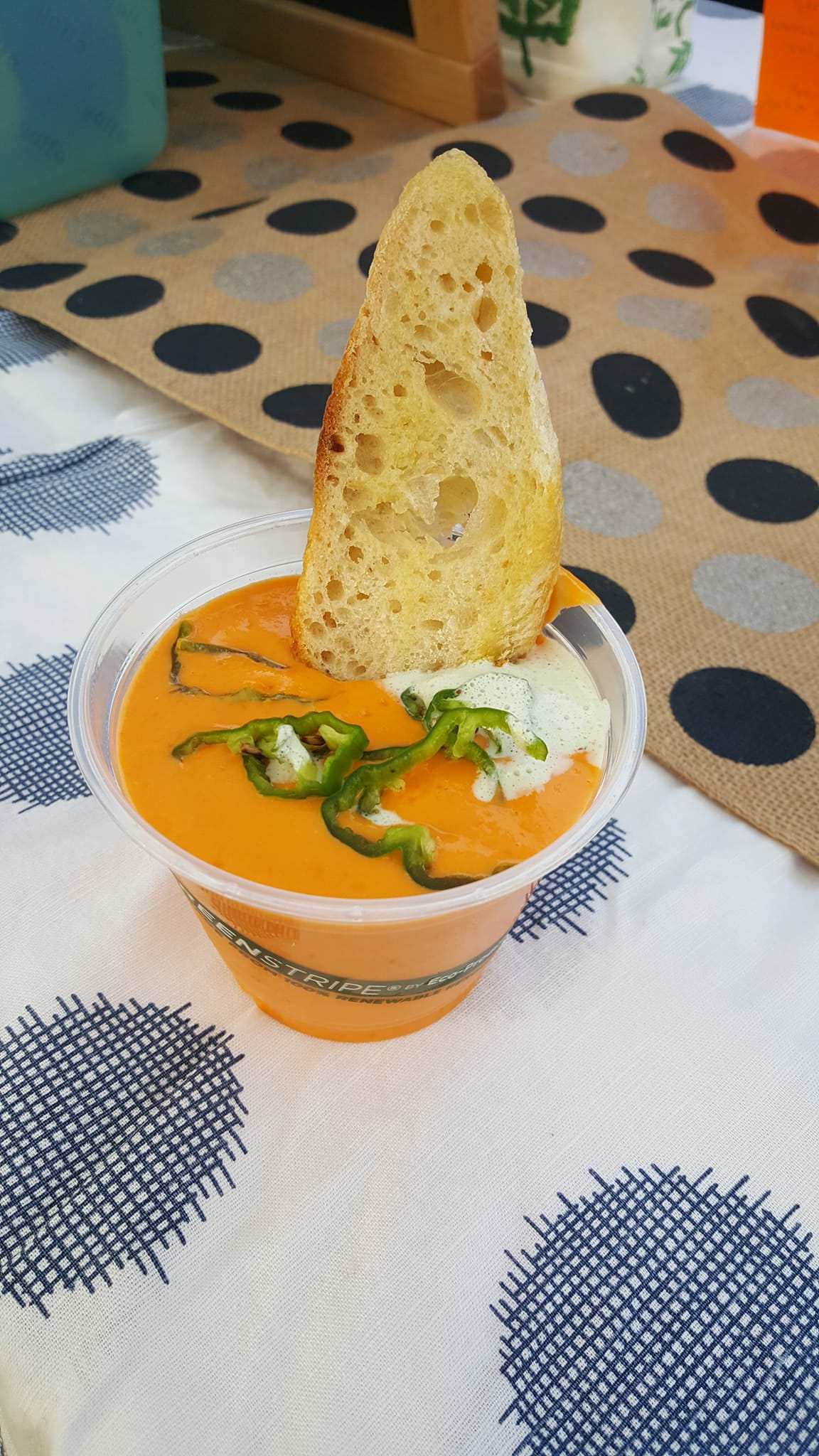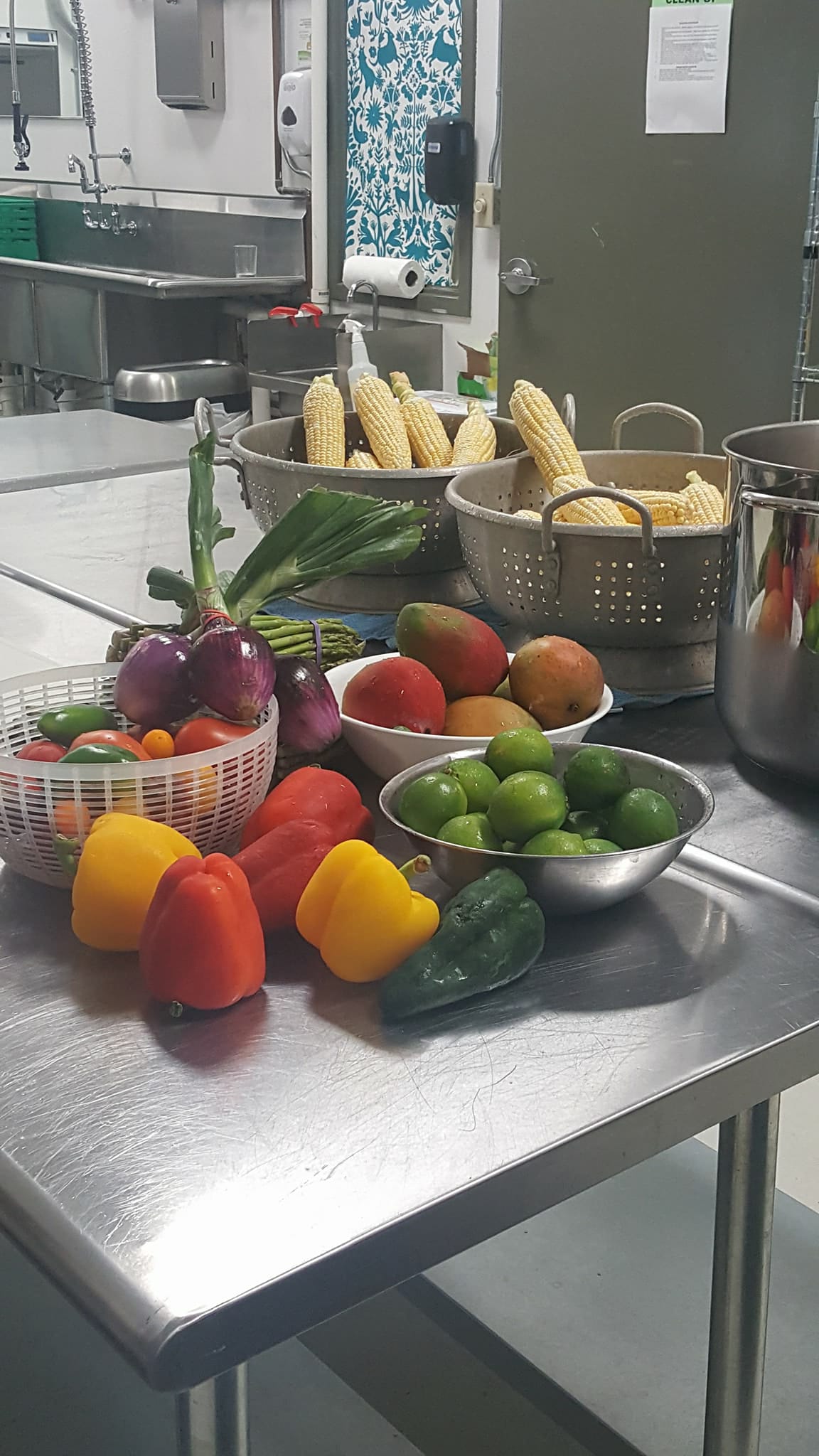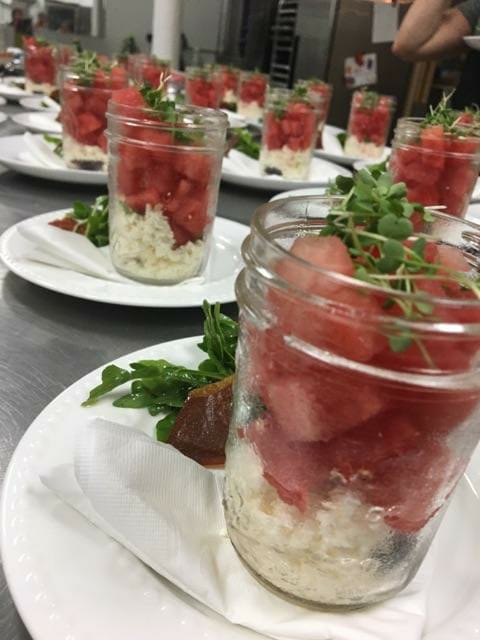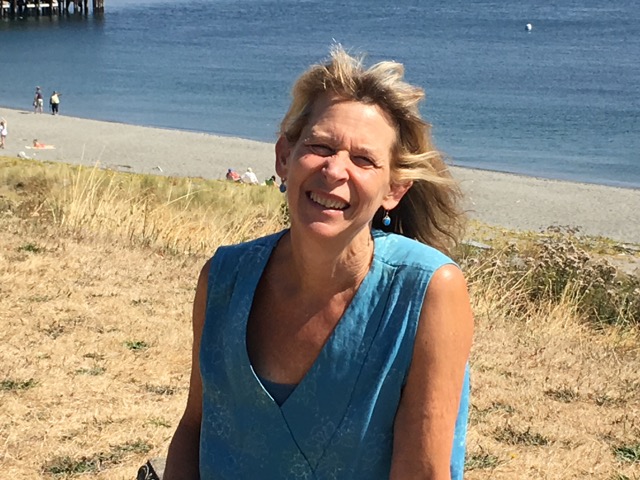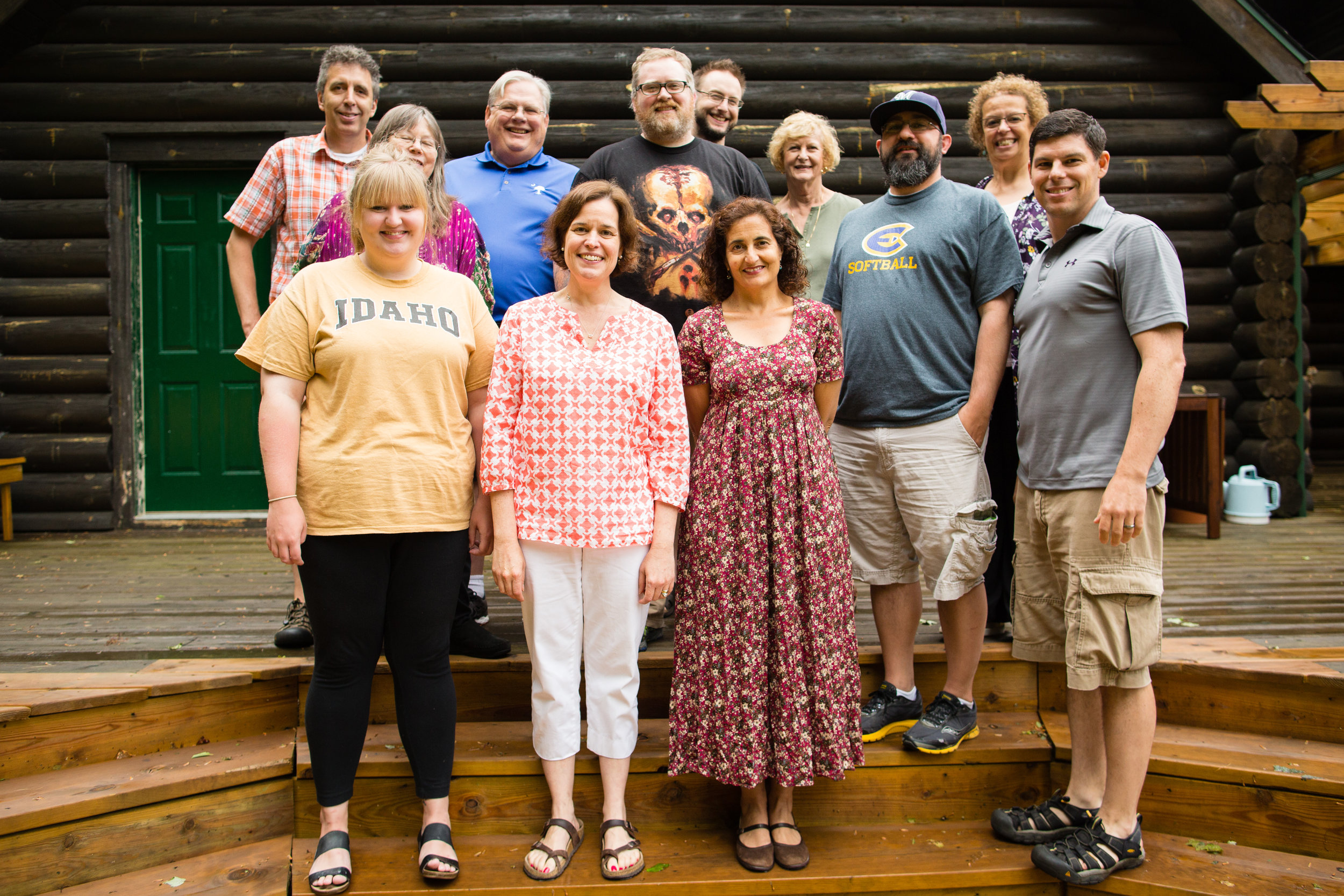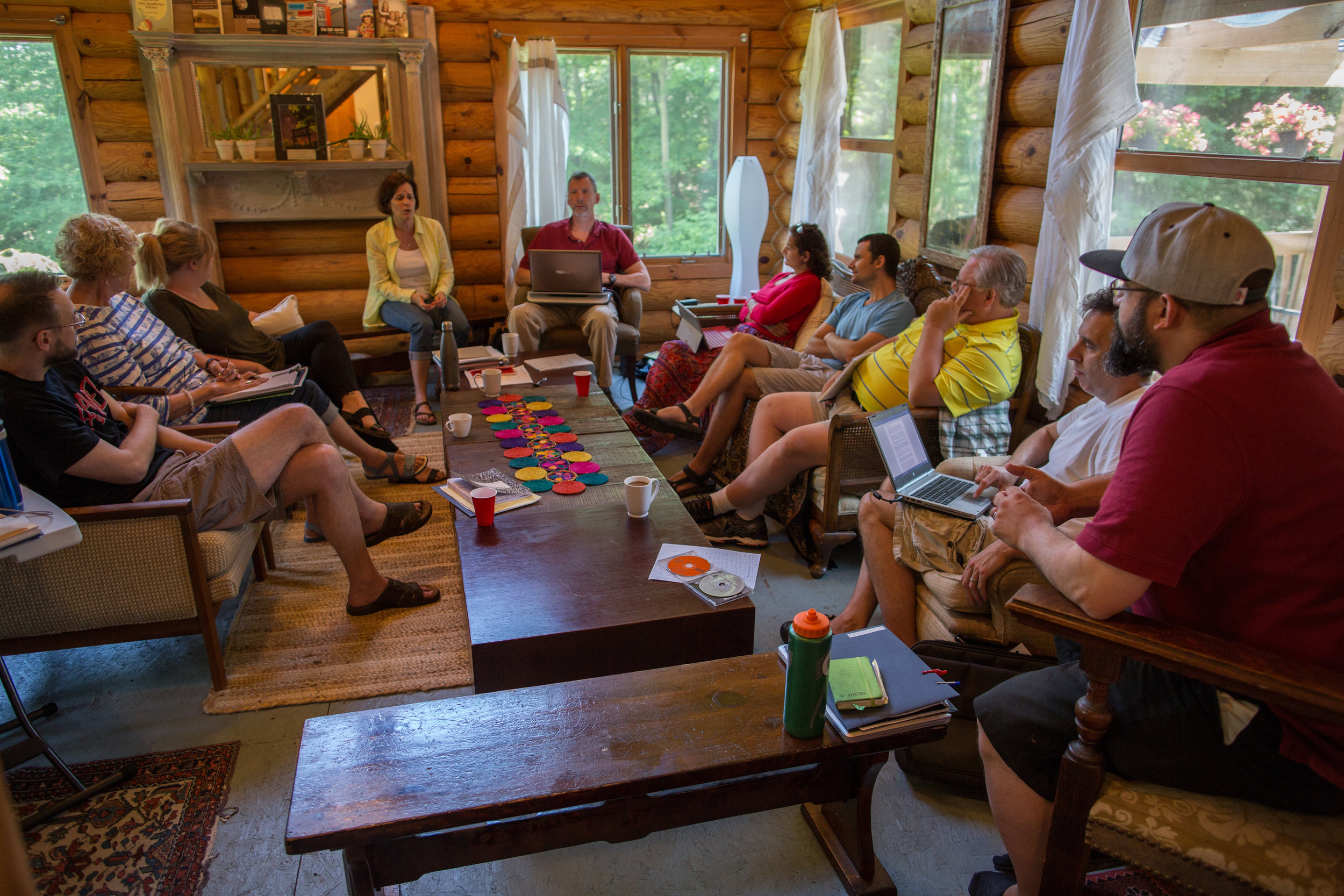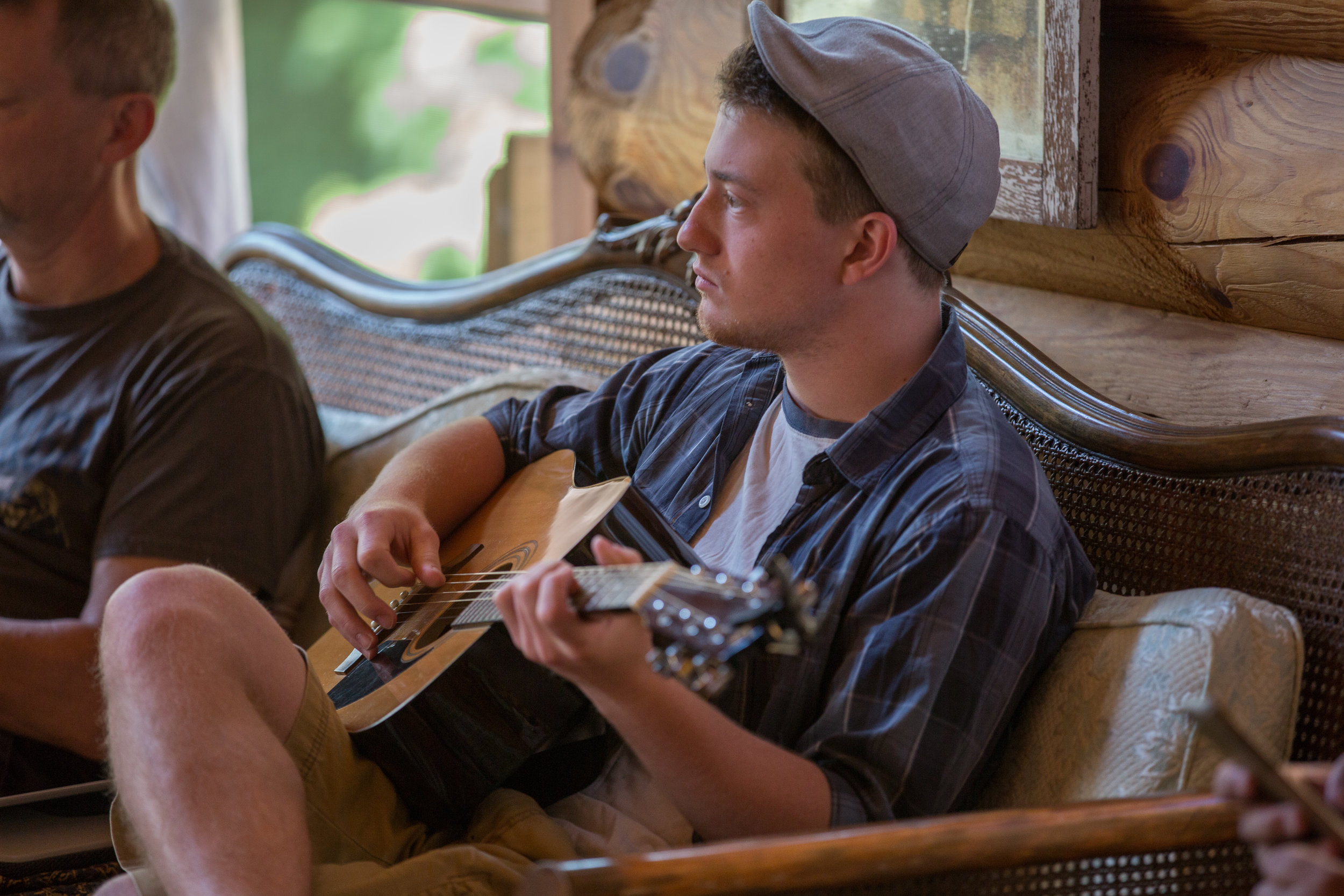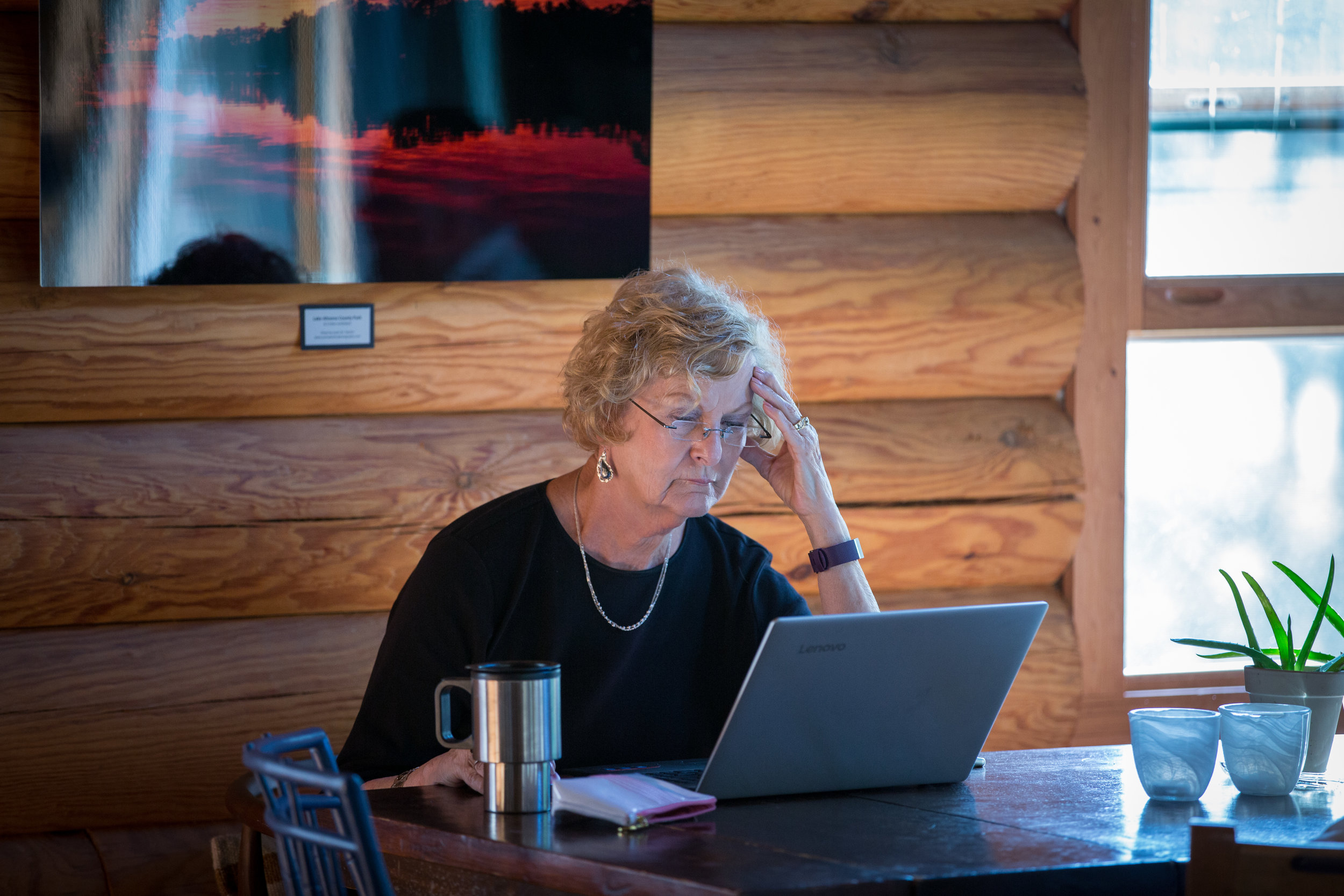The Cirenaica crew.
By CVWG Director B.J. Hollars
On the last night of our last summer retreat at Cirenaica, I waved goodbye, wished the writers well, and then slipped out the door into the cricket-filled night.
What I knew—but what few others did—was that it would be our last night there forever.
After three glorious summers at Cirenaica, we are saying farewell once and for all. The property was a perfect fit during our early years, but as our program grows, so too must our venue. In chats with the property owner, patron of the arts Jill Postlewaite, it seemed the timing was right on both ends. And so, on that last night, I closed the door, and with it, concluded the last of my magical nights out at the lodge.
I’ve been putting off this article for a while now. Mostly because by writing it, I’m acknowledging that this chapter of my life is now closed. And certainly, it’s one of my favorite chapters. When reflecting on my various professional duties, it’s clear to me now that aside from my time in the classroom, nothing I’ve done—no meeting I’ve attended, no committee I’ve chaired, no anything—has offered me such a rewarding experience. If you were a part of this magic in any capacity—as a participant, or a writer-in-residence, or a chef, or an assistant arts administrator, or simply as a guest—I want to thank you. The truth is, you brought that magic.
Of course, that magic’s a little easier to come by when secluded in a beautiful lodge on 43 pristine acres. But what remains true—and what I was reminded of throughout our combined 16, three-day sessions at Cirenaica—is that the magic resides in the people, not the place. It’s the spirit of Cirenaica that must live on, and it will.
Last summer was filled with all the usual fare: great writers, delectable food, and raucous ping-pong battles that raged deep into the night. But what made this summer different was the way in which the participants seemed to take full ownership of their time there. If there was a problem they fixed it. If all was going well, they worked hard to make their time better still.
One of my fondest memories involves a toilet seat, which, one afternoon, came a bit loose from the bowl. A quick-thinking participant grabbed his tools, ran to Menards, and replaced the seat without so much as an ask. And in doing so, he created a brand, new Guild award: The Toilet Seat Award. After giving it a thorough scrubbing, we began awarding this toilet seat to the participant each week who, in the opinion of Cirenaica staff, best embodied a spirit of generosity. And week after week, the recipient appeared to be over the moon at the chance to lift that toilet seat high above his or her head. Yes, it was goofy, and maybe even a little strange. But for me, it was confirmation of the bond we’d forged together. In 72 hours, we’d grown comfortable enough to take pride in such a silly thing.
Which, of course, isn’t a silly thing at all. In 72 hours, strangers became friends and writers became a writing community. That so much could be accomplished so quickly is a testament to that aforementioned magic. Empathy was at the core of everything we did, and that will hold true for everything moving forward.
We’ve got something very, very special in the works for next summer. And if I were you, I’d block off July 18-21 on your calendar right now. We’ll have more details soon, but for now, just know that though we’re saying goodbye to Cirenaica, we’re holding strong to its spirit.
It’s a spirit that you helped create. And we’re hopeful you might bring it with you next summer, too.
Be inspired, inspire others,
– B.J. Hollars











